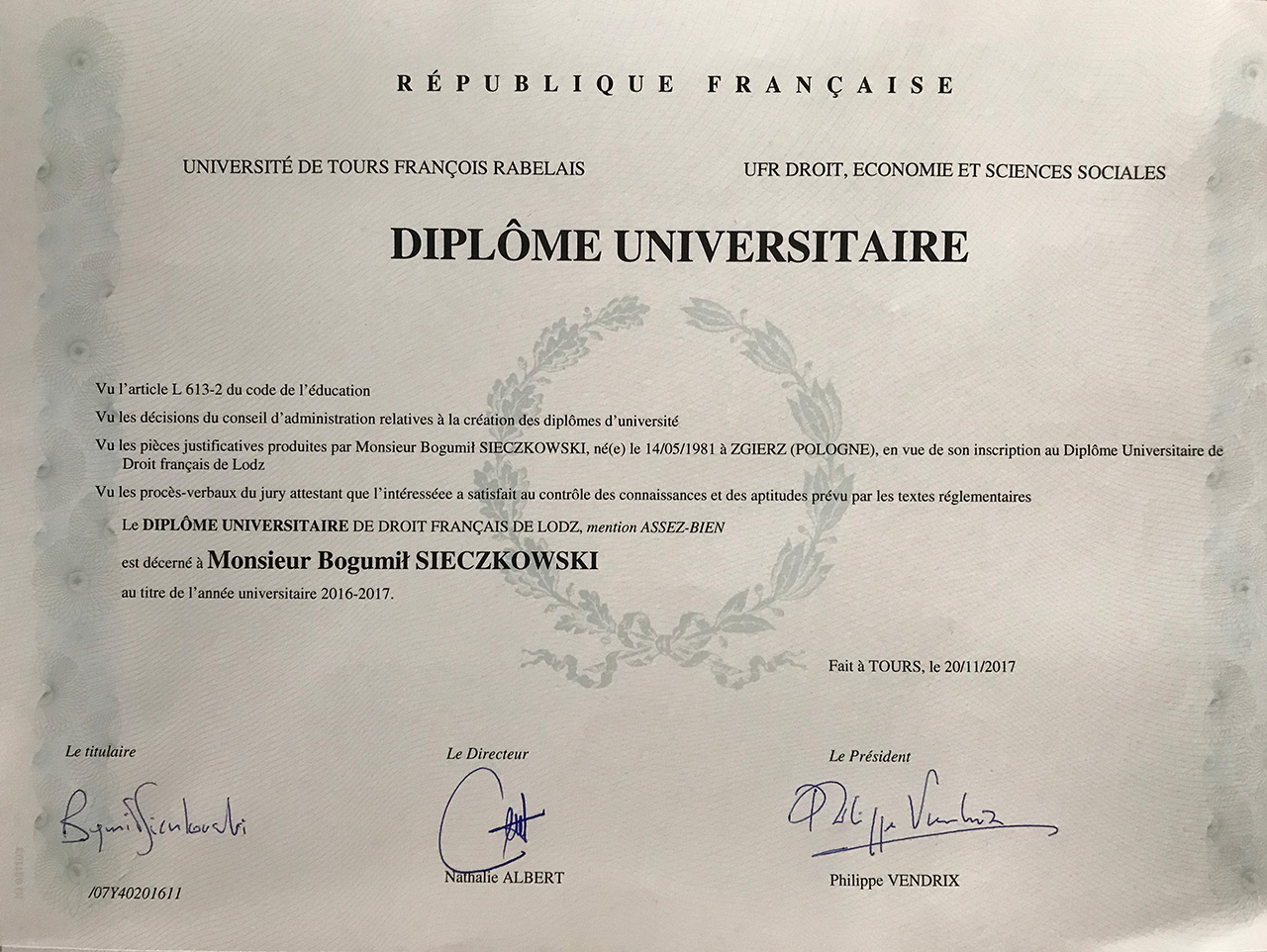19.08.2019
European Medicines Agency and Brexit - the use of soft law for pharmaceutical companies
The European Council agreed to a further extension of the date for the UK’s withdrawal from the EU. The deadline for Brexit is now set on the 31st October 2019. Brexit is a unique and precedent situation because no Member State of the EU has previously decided to leave the EU. Brexit may cause some confusion for business entities and entrepreneurs, especially in case of a no-deal scenario. One of the businesses that will need to adjust to the new after-Brexit reality is the pharmaceutical industry.
The European Medicines Agency (EMA) has been preparing for Brexit since the exit-decision has been made. The EMA is responsible for assessing medicinal products and monitoring their safety in the EU and the EEA. It authorizes and controls medicinal products. Pharmaceutical companies submit to the EMA an application for marketing authorization for a given medicinal product. Such permits are issued by the European Commission. Companies that receive such authorization can place the medicinal product on the market throughout the EU as well as in EEA countries. Because of Brexit, the EMA has been relocated from London to Amsterdam.
One of the phases of preparation was creating the set of guidelines for companies, entrepreneurs, pharmaceutical stakeholders, together with the European Commission. The documents that have been published are:
(i) Questions and Answers related to the United Kingdom's withdrawal from the European Union with regard to the medicinal products for human and veterinary use within the framework of the Centralised Procedure;
(ii) Practical guidance for procedures related to Brexit for medicinal products for human and veterinary use within the framework of the centralised procedure;
(iii) European Commission/EMA communication to marketing authorisation - Notice to Stakeholders -withdrawal of the United Kingdom and EU rules for medical product for human use and veterinary medical products;
(iv) European Commission notice - Withdrawal of the United Kingdom and EU rules for batch testing of medicinal products.
The above-mentioned documents are soft law instruments. Such instruments are deprived of binding force that is a characteristic and inherent feature of hard law regulations, i.e. treaties, regulations, directives. Of course, since it is not binding, we may ask the question whether we should follow such guidelines or communications in the business. The answer to this may be deducted from the existing case law and judgements made by the CJEU (the Court of Justice the European Union).
As for communications, it is apparent from Case C-66/91 Emerald Meats Ltd v. The Commission that an information communication addressed to a Member State authority or institution does not produce legal effects vis-à-vis a third party. However, as for the interpretative communications, the CJEU has recognized that they may have a legal effect on an institution, body or organizational unit. By issuing such a message, an institution, body or organizational unit sets its own limits of recognition, so it cannot depart from the content of this message without violating the general principles of law, such as the principle of equal treatment or the protection of legitimate expectations.
For business it means that the EU institution having publish soft-law instruments shall not depart from such an instrument without a good reason. This view was confirmed in Cases C-226/11 Expedia and C-526/14 Kotnik and Others. v. Državni zbor Republike Slovenije and in relation to the notifications in case C-360/09 Pfleiderer.
In Case T-258/06, the Federal Republic of Germany and Others, the CJEU ruled that a communication will not have binding legal effects if it contains obligations that are specified therein and their source is a binding legal act (e.g. directive) or which can be derived from general principles of law.
As for “practical guidance”, also the EU case law (case T-384/10 Spain v. Commission and Joined Cases C-189/02 P, C-202/02 P, C-205/02 P to C-208/02 P and C-213/02 P Dansk Rørindustri A/ S et al. v. The Commission) indicates that that by adopting guidelines (addressed to Member States, external) in the standard of conduct and announcing them through publication, the institution undertakes to comply with them. They have legal effect vis-à-vis the institution that issued the guidelines. In the event of departure from such provisions, the institution should justify it.
Therefore, soft law instruments that have been published by the European Commission in the pharmaceutical area, supported by the EMA, provide essential information for business to be better prepared for Brexit. Even though soft law is non-binding, it is advised to follow such guidelines and communications (notices) to comply with the EU law and incorporate them to the daily business.
